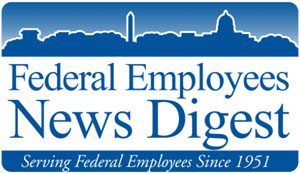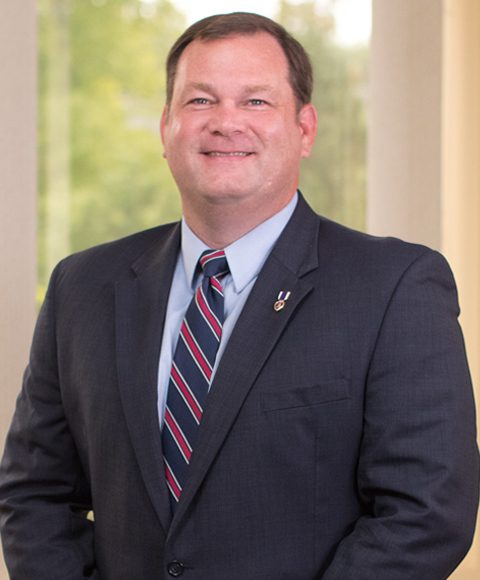For many federal employees stuck at work on sunny summer days, longing looks outside office windows grow longer and the temptation to play hooky grows stronger. However, employees toying with the idea of calling in sick so they can play outside need to know that the consequences of such misconduct are far greater for civil servants than for high school students.
Federal employees put themselves at risk of being charged with sick leave abuse if supervisors identify a trend in habitual requests for sick leave (such as calling in sick every Friday) or if they are seen or reported acting in a manner inconsistent with their illness claims. Under 5 C.F.R. Part 630.405, agencies can grant sick leave based upon an employee’s assertion that he or she is not feeling well or that he or she has an appointment with a doctor or dentist. If the sick leave lasts at least three workdays, the employee must provide medical certification or “other administratively acceptable evidence” to the agency in support of the request.
However, in situations where the agency has reason to question the legitimacy of the employee’s claimed sick leave, an agency may demand medical certification from an employee who is absent for less than three days. Further, a doctor’s note is not a free ticket to skip work and bask in the sun. Feigning illness to skip work can attract a charge of absence without leave, which can carry a penalty of suspension, demotion or even removal from service. Even a single charge of AWOL can result in these harsh penalties, according to the Merit Systems Protection Board.
For example, the MSPB case of Sadowski v. Defense Logistics Agency (1989) involved a federal employee who called in sick so he could play golf. The agency demoted the employee—and the MSPB sustained the demotion— even though his doctor had provided documentation evidencing a diagnosis of gastroenteritis. This documentation notwithstanding, the agency had charged the employee with sick leave abuse and AWOL. The board found the agency erred in charging both offenses. However, the board determined that the AWOL charge alone justified the demotion. The board also found that the agency did not have to verify the doubtful diagnosis with the employee’s doctor because the employee’s conduct “was more indicative of his fitness for duty…than the medical certification he submitted for his absence.”
Federal employees must also be careful about making up excuses to explain a purported sick leave absence. In Williams v. Defense Logistics Agency (1987), for example, a federal employee requested leave to care for his hospitalized son and tend to his own medical conditions when, in fact, he went to work at a second job. In addition to receiving a five-day suspension due to an AWOL charge, he was also later removed because of the false statements he submitted related to this leave. The employee claimed he was wrongfully being punished twice for the same misconduct, but the MSPB said that “[a]lthough the AWOL and falsification charges are related, they depend on different facts.”
The deadline for submitting medical certification is usually 15 days after the agency requests it, though in some cases this period may be extended to 30 days. Federal employees accused of sick leave abuse should immediately consult with a federal employment law attorney. Depending on the circumstances, a lawyer may show that the employee’s activities while on leave were consistent with his or her medical diagnosis, that the agency is wrongfully disregarding the medical certification provided and that the employee’s medical condition was the legitimate cause of his or her absence.
Mathew B. Tully is the founding partner of Tully Rinckey PLLC. He concentrates his practice on representing military personnel and federal employees and can be reached at mtully@fedattorney.com. To schedule a meeting with one of the firm’s federal employment law attorneys call 2027871900. The information in this column is not intended as legal advice.








